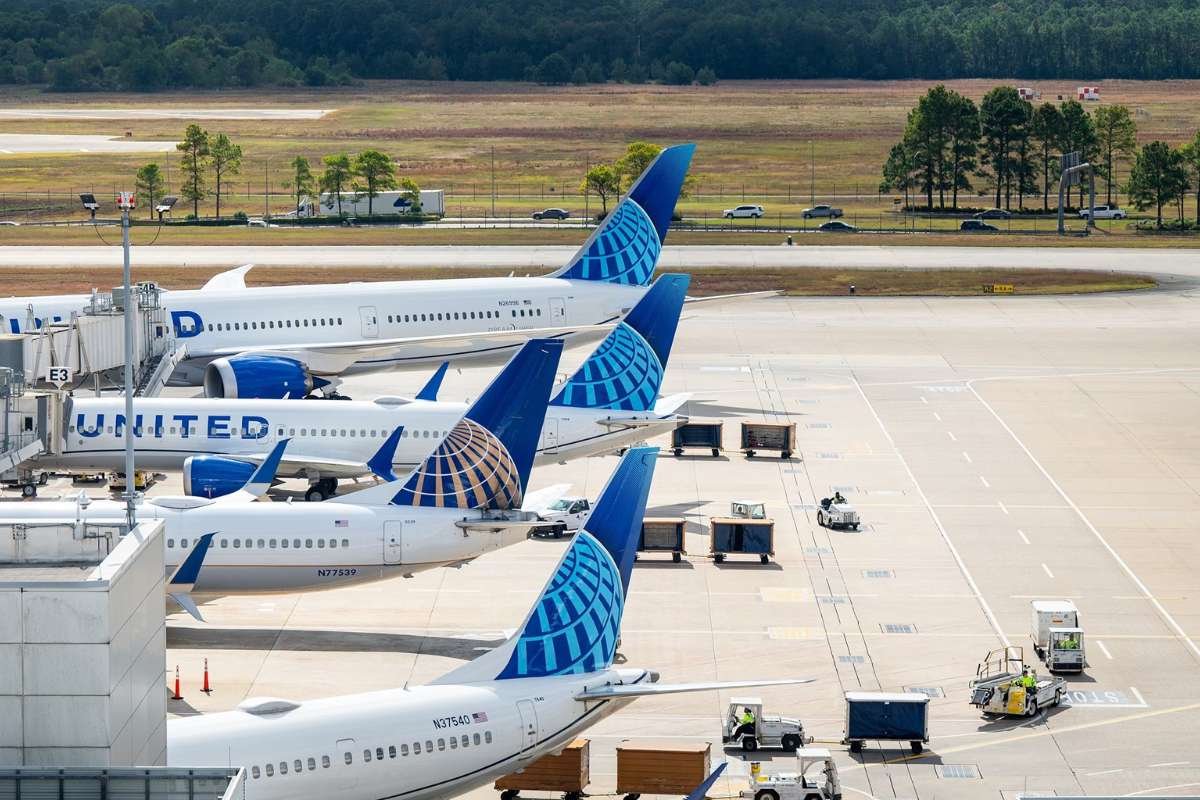Key Points:
- FAA flight reductions are planned, affecting schedules at major U.S. airports.
- Widespread travel disruptions are expected, impacting millions of passengers.
- Airlines and travelers brace for delays, cancellations, and operational challenges.
Starting Friday, air travel across the United States is set to face widespread disruptions as the Federal Aviation Administration (FAA) begins implementing its FAA Flight Reduction strategy at 40 high-traffic airports. The move, tied to operational constraints and staffing shortages, is expected to impact both business and leisure travel, potentially affecting millions of passengers over the coming week.
According to FAA Administrator Bryan Bedford, flight capacity reductions will begin at 4% on Friday and gradually increase to 10% by November 14. Major airports affected include John F. Kennedy International (New York), Logan International (Boston), Los Angeles International, and Denver International. The FAA stated the step is necessary “to ensure safe operations” amid workforce limitations.
Airlines Adjust Operations and Schedules
Airlines have begun revising flight schedules in response to the FAA directive. American Airlines announced a 4% reduction in flights across affected airports through Friday and Saturday, attributing the changes to the ongoing FAA Flight Reduction. The move results in the cancellation of about 220 flights per day. The carrier said it aims to “minimize customer disruption” and has issued travel waivers for affected passengers.
Despite the cuts, American Airlines confirmed it would still operate around 6,000 daily flights, noting that customer communication and rebooking support remain ongoing.
Southwest Airlines is reviewing how the capacity reductions will affect its network, while Delta Air Lines said most of its operations, including long-haul international routes, will continue as scheduled. Delta’s teams are “working hard to minimize any impact while keeping safety the top priority.”
United Airlines has also made flight adjustments but will maintain key international routes from airports including Newark Liberty, Houston’s George Bush Intercontinental, and Dulles International near Washington, D.C.
Thousands of Flights and Seats Affected
According to aviation analytics firm Cirium, as many as 1,800 flights and 268,000 seats could be impacted nationwide. Airlines are actively updating passengers through mobile apps, text messages, and websites such as united.com and delta.com.
Travelers whose flights are canceled due to the FAA Flight Reduction will be automatically rebooked, though they can also modify or cancel their itineraries independently. Refunds remain available under Department of Transportation (DOT) guidelines, which remain in effect. American, Delta, and United have all confirmed they will offer full refunds for passengers who choose not to travel, while Southwest Airlines is providing refunds through Wednesday.
Travel Industry Braces for Short-Term Impact
The air travel slowdown could have a short-term impact on business logistics, supply chains, and corporate travel planning. Executives and small business owners relying on frequent travel are being urged to monitor flight schedules closely and prepare for delays.
Frontier Airlines CEO Barry Biffle advised travelers attending important events to consider backup options. “If you must be somewhere in the next few days, buy a backup ticket on another carrier that departs after the first ticket,” Biffle said, noting that flexibility is key during this period of uncertainty.
Travel monitoring tools such as FlightAware and the FAA’s National Airspace System Status website are recommended for real-time updates.
While the FAA has emphasized that the flight reductions are designed to maintain safety and manage airspace efficiently, the ripple effects may extend across the travel and logistics industries in the days ahead — from air cargo scheduling to corporate travel timelines.
As airlines adapt their operations, the situation remains fluid. Business travelers are advised to plan ahead, check for updates regularly, and allow extra time for itinerary changes as the FAA Flight Reduction plan continues in phases over the coming week.
Sources:










